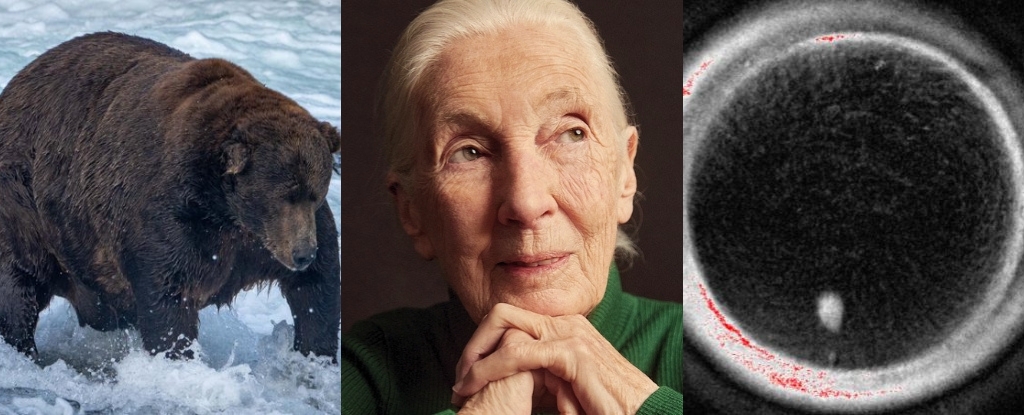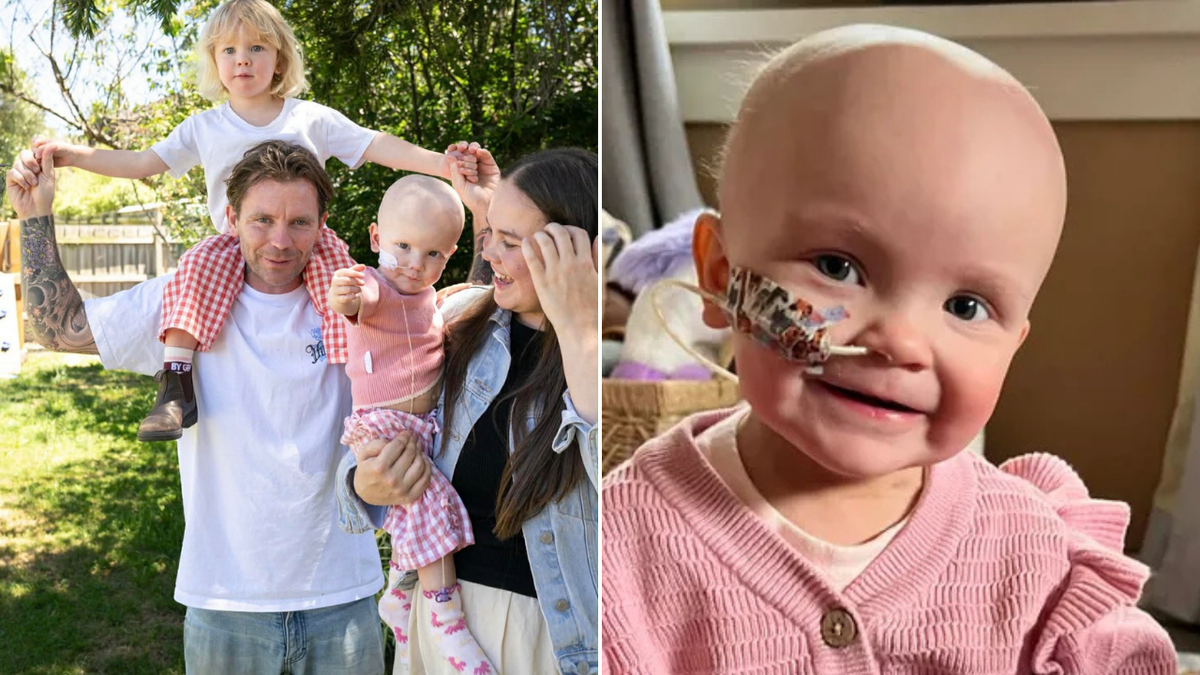
This week in the realm of science witnessed significant developments, including the passing of renowned primatologist Jane Goodall, a promising breakthrough in fertility treatment, and the exciting conclusion of the annual Fat Bear Week competition. These stories reflect both the profound impact of individuals on scientific discourse and the ongoing advancements in various fields.
Legacy of Jane Goodall
The world mourns the loss of Jane Goodall, who passed away at the age of 91. Goodall’s groundbreaking research on chimpanzees transformed our understanding of these primates and our place in the animal kingdom. In her early career, she demonstrated the significance of emotion, empathy, and advocacy in scientific research. Her work continues to inspire those in environmental sciences, emphasizing the need for public support and impactful advocacy in conservation efforts.
Advancements in Health and Fertility
In a significant health development, researchers have identified new biomarkers for rheumatoid arthritis (RA), which may allow for earlier treatment interventions. According to the published study, “Our results support the concept that RA inflammatory disease begins well before the onset of active synovitis, earlier than clinically appreciated.” This finding could influence clinical decisions regarding when to initiate preemptive treatment, potentially alleviating patient suffering.
Moreover, a groundbreaking study from the University of Southampton highlights a potential leap in fertility treatments. Scientists have successfully created human egg-like cells from skin cells, which are capable of fertilization. Fertility specialist Ying Cheong stated, “While this is still very early laboratory work, in the future it could transform how we understand infertility and miscarriage.” This innovation may eventually provide options for individuals unable to conceive.
In another noteworthy achievement, NASA has received the final laser data transmission from the Psyche probe, testing its Deep Space Optical Communications system. Clayton Turner, associate administrator of NASA’s Space Technology Mission Directorate, remarked, “Over two years, this technology surpassed our expectations, demonstrating data rates comparable to those of household broadband internet.” This advancement marks a significant step in deep space communication, sending engineering data from unprecedented distances.
Celebrating Nature and Neurodiversity
In a lighter celebration, the annual Fat Bear Week competition hosted by Katmai National Park in Alaska concluded with the crowning of Chunk as the winner. Weighing over 544 kilograms, Chunk has successfully navigated challenges, including a broken jaw earlier this summer, to emerge victorious in this popular event.
Lastly, a recent study from Stanford University suggests a link between autism, schizophrenia, and the evolution of human intelligence. Neuroscientist Alexander Starr noted, “Our results suggest that some of the same genetic changes that make the human brain unique also made humans more neurodiverse.” This research offers new insights into the complex interplay of genetics and cognitive diversity.
These stories from the week illustrate the breadth of current scientific inquiry and its implications for society. From the legacy of a pioneering figure like Jane Goodall to remarkable advancements in health and our understanding of nature, the field of science continues to evolve dynamically.







